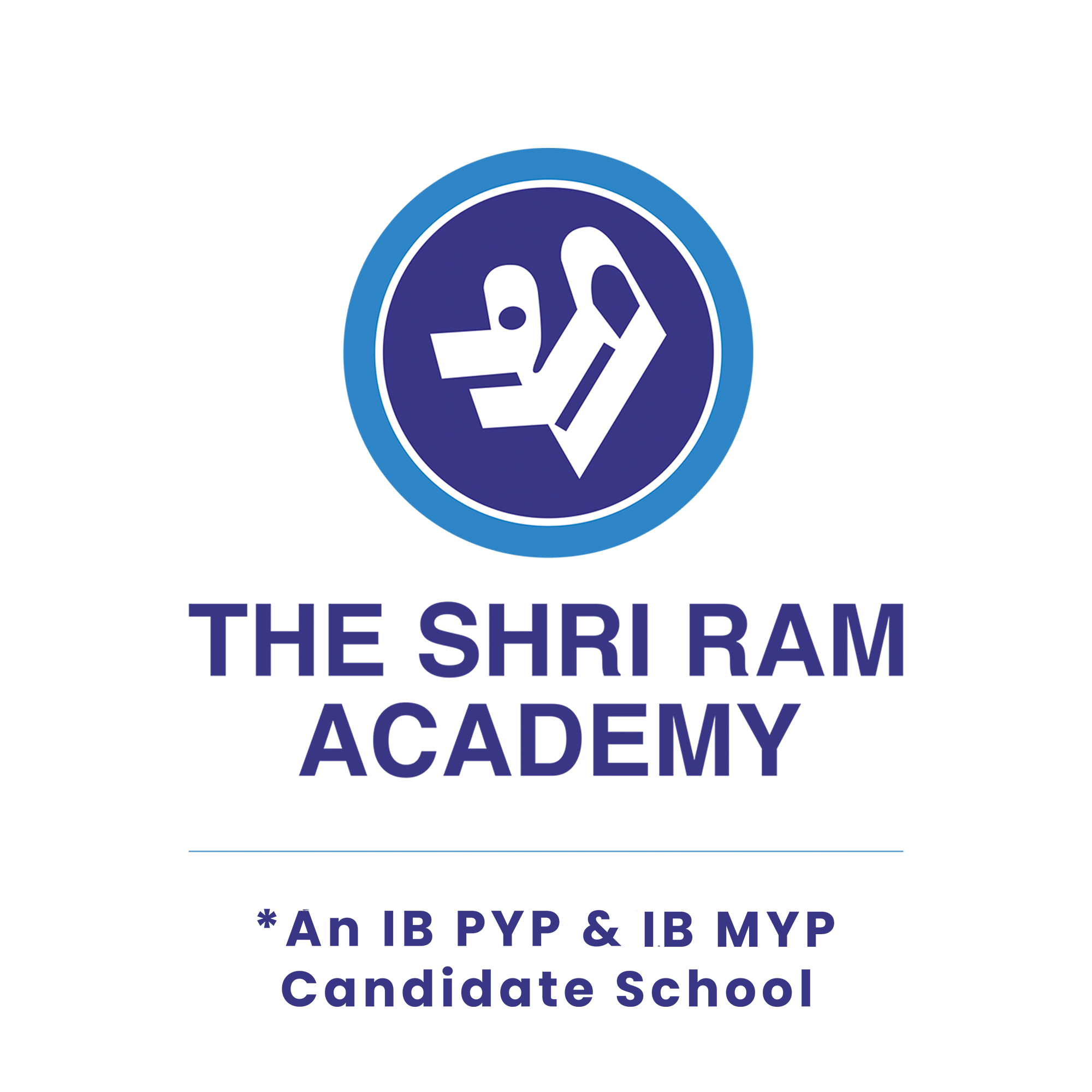

In the tech hub of Gachibowli, parents working with global companies are rethinking CBSE and moving towards the International Baccalaureate (IB) for their children.
It’s not surprising.
As Gachibowli is the heart of Hyderabad’s IT and business hub, and home to Global companies, for the new generation of parents traditional model and standardised curriculum no longer feels sufficient.
They are searching for something more, an education that prepares their children not just for Indian universities, but for a global stage. That’s where International Baccalaureate schools in Gachibowli, Hyderabad, are emerging as the preferred choice over traditional CBSE institutes.
In this blog, we will compare CBSE and IB, and explore some key reasons behind the shift from CBSE to the IB board.
Let’s understand the foundational differences between the two boards –
What is CBSE?
The Central Board of Secondary Education (CBSE) is a National Indian Board designed to provide a uniform curriculum across the country. The board is known for its structured approach, focus on National relevance, holistic development, and wide availability across India.
It has a well-structured syllabus, and its primary goal is to prepare students for domestic competitive exams like the NEET and JEE.
What is IB?
The International Baccalaureate (IB) board is a globally recognised curriculum, especially for parents who seek a more International outlook and global exposure for their children.
The curriculum is student-centric and known for its inquiry-based learning, critical thinking, research, and focus on global citizenship. The IB gives them real-world exposure and prepares students to meet the challenges of the future.
Many factors drive the shift towards the IB board that go beyond just academics:
Here are some of the key advantages of IB board schools in Hyderabad:
Choosing between IB and CBSE schools depends on whether you prioritise a globally recognised, holistic education (IB) or a nationally focused curriculum.
It’s not about which board is better; it’s about which board fits better with your child’s personality and priorities.
IB schools do require a higher investment, typically ranging between 3.5-6 lakhs per year, depending on the grade and facilities. On the other hand, CBSE is relatively cost-effective and primarily exam-based.
IB schools in Gachibowli, Hyderabad are not just about academics, but also shape students into well-rounded, confident individuals who can navigate a world without borders.
The choice between the IB and CBSE should not be made just because everyone is switching, but also consider your child’s learning style, future career goals, and child’s interests when making the decision.
The Shree Ram Academy (TSRA), one of the best IB schools in Gachibowli, is known for its strong academic culture, experienced faculty, and infrastructure that emphasises on holistic development of every child.
Is IB harder than CBSE?
The IB Board is often considered more rigorous, but in a different way. It demands a high level of critical thinking, research, and self-management, which can be challenging for students accustomed to a more traditional, exam-focused system.
Yes, IB schools have higher fees compared to CBSE schools.
Yes, IB schools have higher fees compared to CBSE schools.
Yes, the IB Diploma is recognised as equivalent to a class 12 qualification by the Association of Indian Universities (AIU), making students eligible to apply for Indian universities.